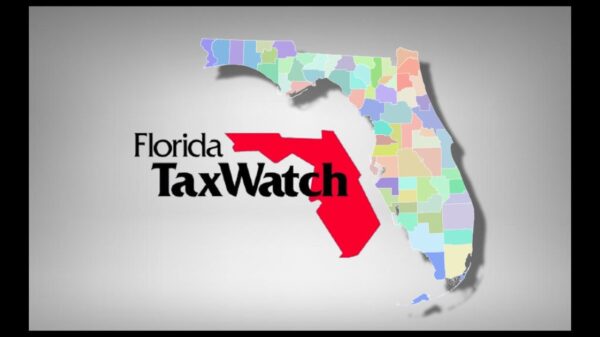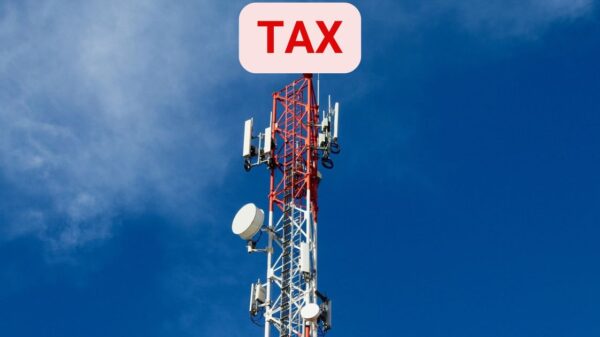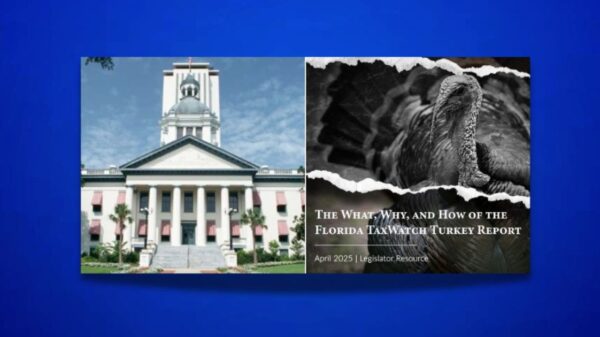Last week, Florida TaxWatch (FTW) released “Florida Will Receive Billions from the Infrastructure Investment and Jobs Act, but is it the State’s Fair Share?”
The taxpayer research institute’s most recent report presents an analysis of the Infrastructure Investment and Jobs Act (IIJA) – signed by President Joe Biden on Nov. 15, 2021 – asserting that the $19.1 billion Florida is expected to receive over five years is not the state’s fair share.
Florida TaxWatch President and CEO Dominic Calabro weighed in on the report.
“Florida is set to receive a significant amount of funds through the Infrastructure Investment and Jobs Act, but there’s no question that it should be much more given our status as the nation’s third-largest state. Floridians comprise 6.51 percent of the nation’s population, but we’ll only receive 4.48 percent of this federal aid, which on a per capita basis, is the smallest amount among all 50 states,” Calabro said.
“This isn’t a new issue, as Florida has historically been a donor state for federal aid, with our hard-earned tax dollars going to subsidize programs across the country. And while inequitable grant distribution formulas have proven hard to change, as more are developed for the infrastructure bill, our Congressional delegation should work to improve Florida’s return, while also aggressively pursuing grant opportunities created by the legislation,” he added.
The IIJA totals $1.2 trillion over five years. In part, it replaces the last federal Surface Transportation Act (STA) – the Fixing America’s Surface Transportation (FAST) Act – which expired after a one-year extension on Sept. 30, 2021.
While the IIJA continues that funding, it has been enhanced to extend beyond transportation. Billions of dollars will be distributed to states for a wide range of projects. Florida’s projected allocation of $19.1 billion will include:
$16.1 million to support public transportation and transit, bridge replacement and repairs, and electric vehicle charging stations
$100 million to expand broadband deployment in rural and underserved areas
$1.6 million to eliminate lead service lines and pipes and provide clean drinking water
$29 million to protect against cyber attacks
$26 million to protect against wildfires
$1.2 billion to facilitate airport improvements
According to FTW, Florida will only receive 68.9 percent of what it would receive if IIJA funds were distributed on a per capita basis – the lowest percentage in the nation. In fact, if the state’s share was relative to its population, it would receive an additional $8.6 billion.
In particular, FTW notes Florida is essentially being penalized for proper bridge maintenance. The IIJA’s distribution formula for bridge replacement and repair is based on the number of bridges in the state ranked “fair” or “poor” by the Federal Highway Administration’s National Bridge Inspection Standards. This applies to more than half of the country’s bridges, but just over one-third of the bridges in Florida. Consequentially, the state is slated to receive $245 million of the available $26 billion, or less than one percent.
FTW also states that, as a long-time donor state, Florida is consistently ranked low in terms of per capita grants and grants as a percentage of federal taxes paid. For instance, for the Federal-Aid Highway Program, the state’s share of funding is drastically lower than the share of gas taxes paid by Floridians, resulting in a national ranking of 46th in terms of total return on federal transportation aid.






















